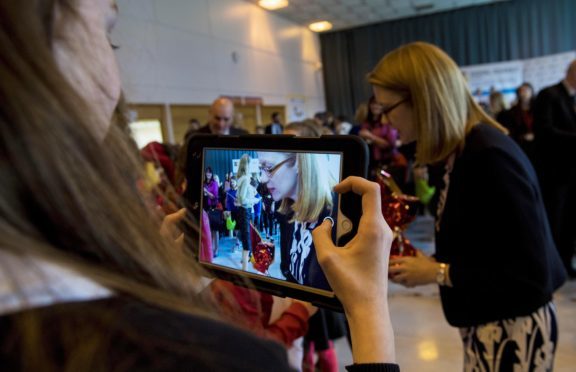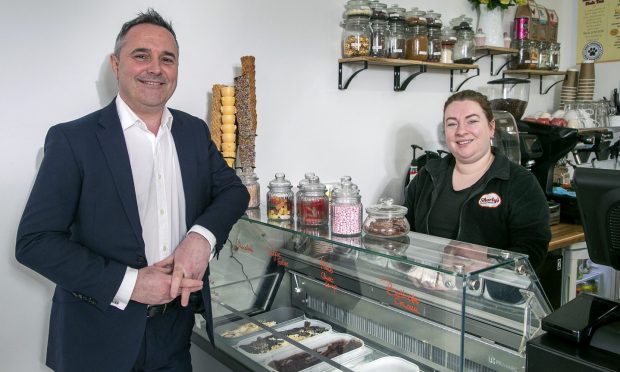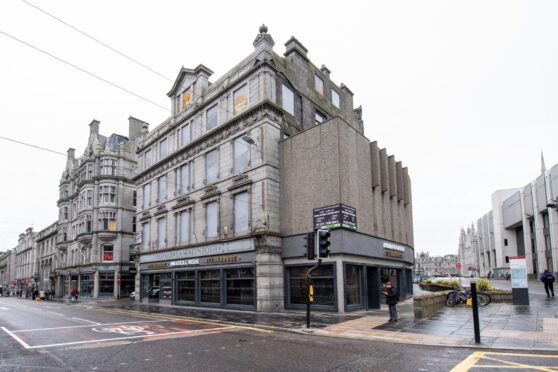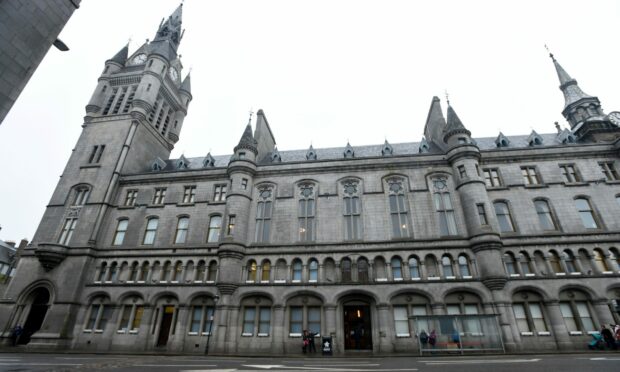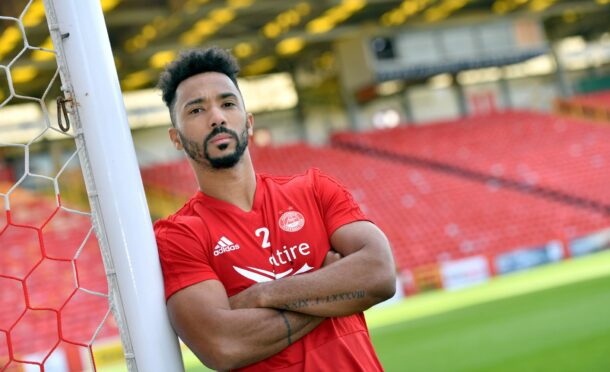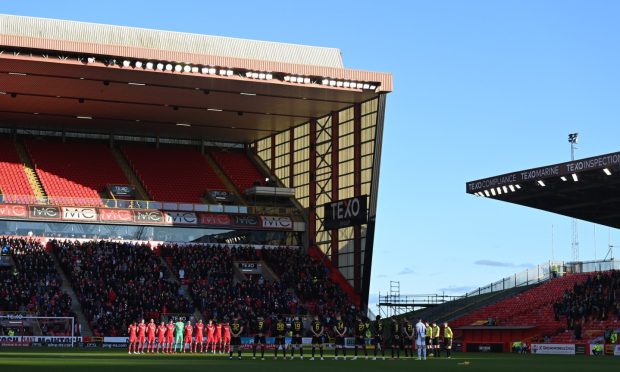Two Aberdeenshire schools have been recognised for their teaching and learning at the Digital Schools Awards.
Kemnay Primary School and Tough Primary School join 33 other schools across Scotland to be officially recognised as ‘Digital Schools’.
A ceremony to mark the use of digital technology in the classroom and across the curriculum at 35 primary and three secondary schools was attended by the Minister for Further Education, Shirley-Anne Somerville today.
Launched in September 2016, the Digital Schools Award programme was developed to support, encourage and recognise schools in their efforts to integrate digital technology across the curriculum,
The programme, which is free to all schools, offers a roadmap and resources to schools seeking to do more with technology in their classrooms and recognises schools demonstrating best practice and digital potential.
Industry partners HP, Microsoft and Intel operate and co-ordinate the programme, as well as providing a financial commitment of £600,000 over five years and practical support and resources.
Minister for Further Education, Shirley-Anne Somerville said: “It is encouraging to see so many schools embracing digital and supporting teacher professional learning to enrich their pupils’ education.
“The digital technologies sector makes a significant contribution to employment and economic growth in Scotland and is on track to be the fastest growing part of the economy.”
Country Manager for Microsoft Scotland, Steven Grier said: “The Digital Schools Programme is a fantastic example of how we, as an industry, are committed to supporting the next generation and ensuring that all young people acquire the skills they need to thrive in the modern digital workplace.”
Schools awarded Digital School status will demonstrate, among other things, the presence of a whole school digital strategy, evidence of how digital technology is being used to improve learning, and a commitment to ongoing professional learning for teachers.
